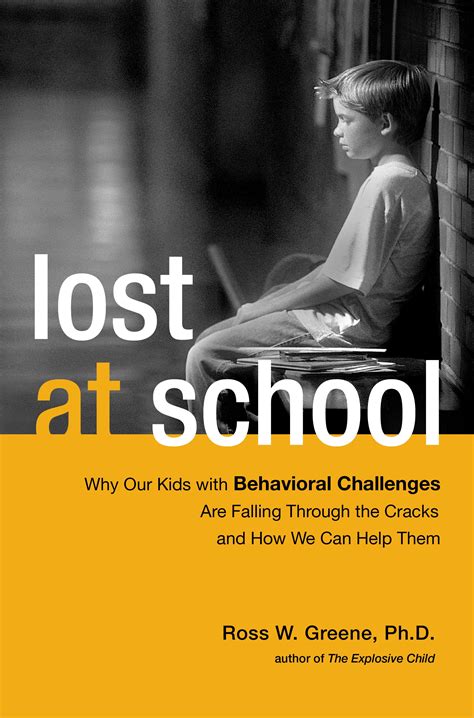A Quote by Robert M. Sapolsky
The fascinating thing about our best and worst behaviors isn't the behavior itself - the brain tells the muscles to do something or other - big deal. It's the meaning of the behavior.
Related Quotes
Human behavior is subject to the same laws as any other natural phenomenon. Our customs, behaviors, and values are byproducts of our culture. No one is born with greed, prejudice, bigotry, patriotism and hatred; these are all learned behavior patterns. If the environment is unaltered, similar behavior will reoccur.
It's natural canine behavior to chew on all sorts of things, roll in other animals' droppings, hump and fight other dogs, menace anything that invades the home. All these behaviors can be curbed, but that takes a lot of work. Trainers say it requires nearly 2,000 repetitions of a behavior for a dog to completely absorb it.
Humans like to think of themselves as unusual. We've got big brains that make it possible for us to think, and we think that we have free will and that our behavior can't be described by some mechanistic set of theorems or ideas. But even in terms of much of our behavior, we really aren't very different from other animals.
Neural science, which is the study of the brain, tells us that we have up to one billion brain cells with thousands of branches that communicate with each other much like a complex highway system. The more we attend to something, or the more we engage in certain behaviors, the more those particular cells communicate and the pathways between them deepen. This is how our values, our beliefs, and our motivations are actually formed.
What I mean by it, and roughly what most biologists who talk about culture mean by it, is either behavior itself, or information that leads to behavior. Information that is picked up through social learning - so, from being with, watching, being taught by others. It's a way that individuals behave or get information about how they will behave that comes directly from the behavior of others.





































